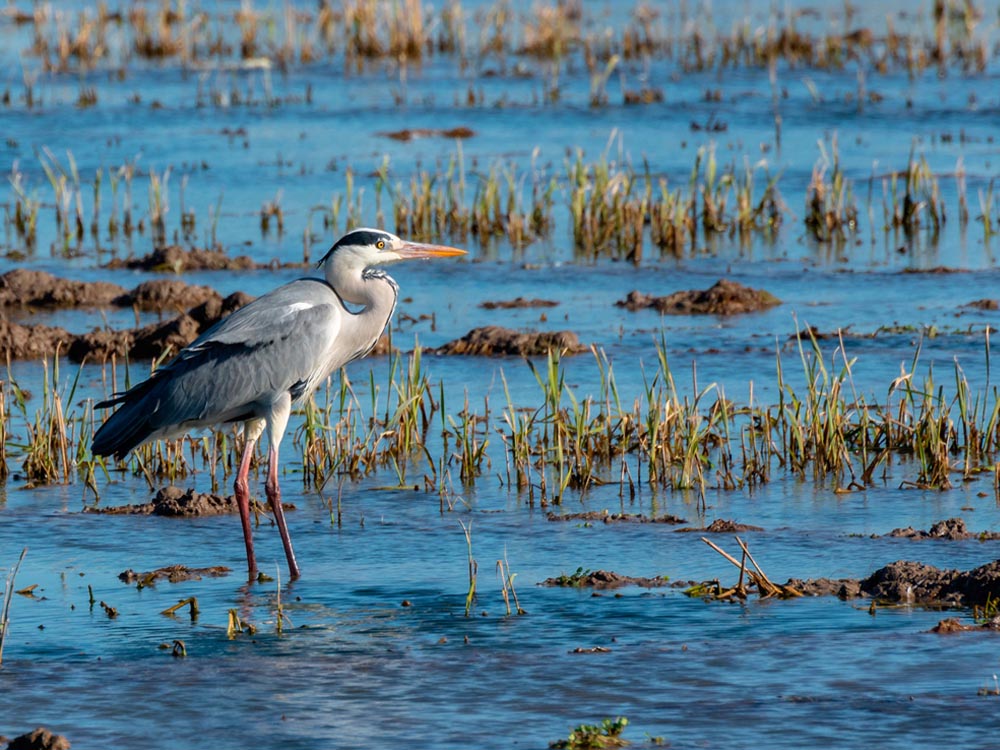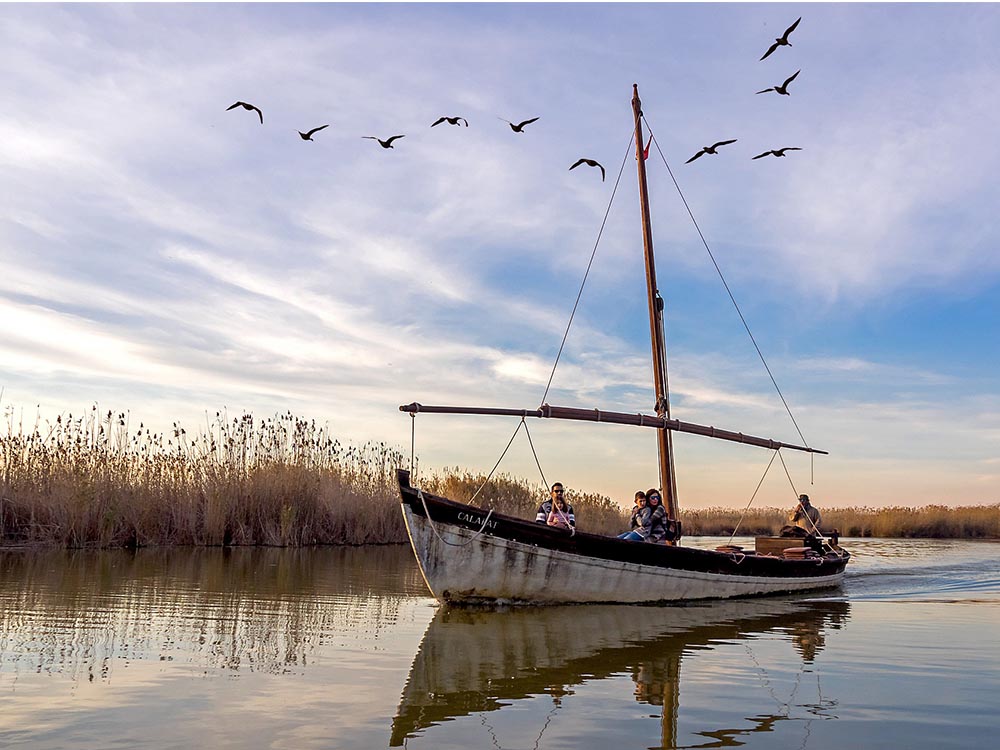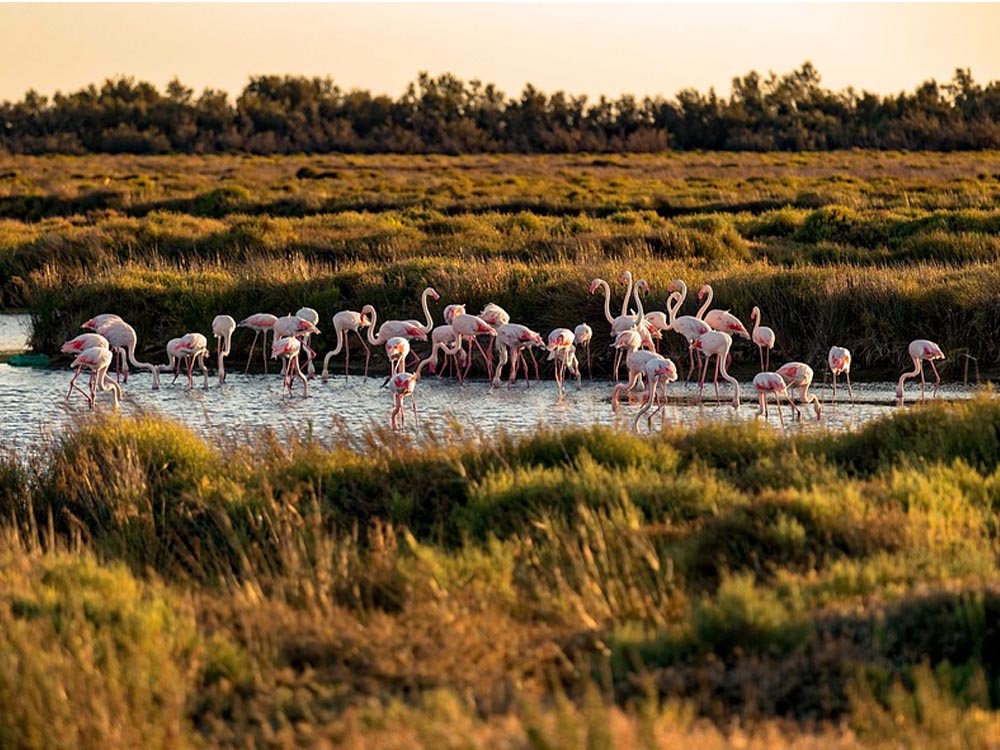WETNET
Coordinated management and networking of Mediterranean wetlandsProject presentation
WETNET is an Interreg Mediterranean project, cofounded by the European Regional Development Fund and coordinated by Veneto Region. The project addresses the issue of wetlands in Europe, which are vulnerable interconnected environments, hugely contributing to biodiversity. Their protection intertwines scientific-environmental aspects and governance concerns.
The project aims at ensuring higher coordination between different levels of spatial planning and authorities in charge for wetland management, whilst limiting conflicts between conservation issues and economic activities. By defining common priorities for MED wetland conservation, WETNET builds a common territorial strategy for their integrated management.
The project intends to increase the knowledge of Wetlands Contracts’ effectiveness, and strengthen existing transnational networks for sharing and disseminating information and good practices on wetland conservation. Wetland Contracts can be defined as voluntary-based commitments undertaken by various public and private entities for the sustainable management of wetland systems. With a Wetland Contract, a local community can identify responsibilities and implementation strategies for the governance and management of their wetlands.
Partnership
Lead partner
Veneto Region (Italy)
9 Partners
1 Associated partner
9 Pilot sites
8 Countries
Key messages
For managers
- Active participation of local stakeholders is key to improve coordination and stimulate the effectiveness of the management and planning of protected wetlands in the Mediterranean;
-
Stakeholder participation is needed for wetland conservation to be successful in the long term;
- Multi-level governance is a priority to involve different stakeholders with clear competencies and better coordination.
For policy
-
Wetlands are key ecosystems to achieve climate neutrality, biodiversity protection, zero-pollution, flood protection and a circular economy;
-
Multi-stakeholder voluntary contracts for natural resource management (tested within wetlands and Marine Protected Areas) are one way to improve management practices;
- Unless adaptive management is used as a basis for wetland governance on a Mediterranean scale, wetlands will continue to be degraded.
For science
- Knowledge can improve the monitoring of wetland ecosystems to support evidence-based assessment and decision-making processes;
-
Knowledge transfer and sharing mechanisms are needed to increase the potential application of project results and ensure their long-term capitalisation;
- Further dialogue between science, policymakers, wetland managers and users, as well as any other relevant stakeholders is key to wetlands conservation.





